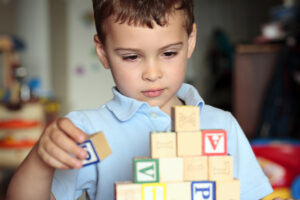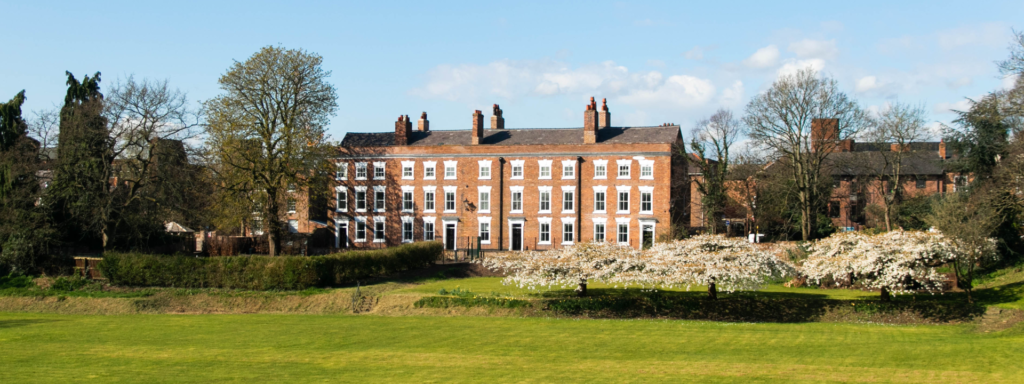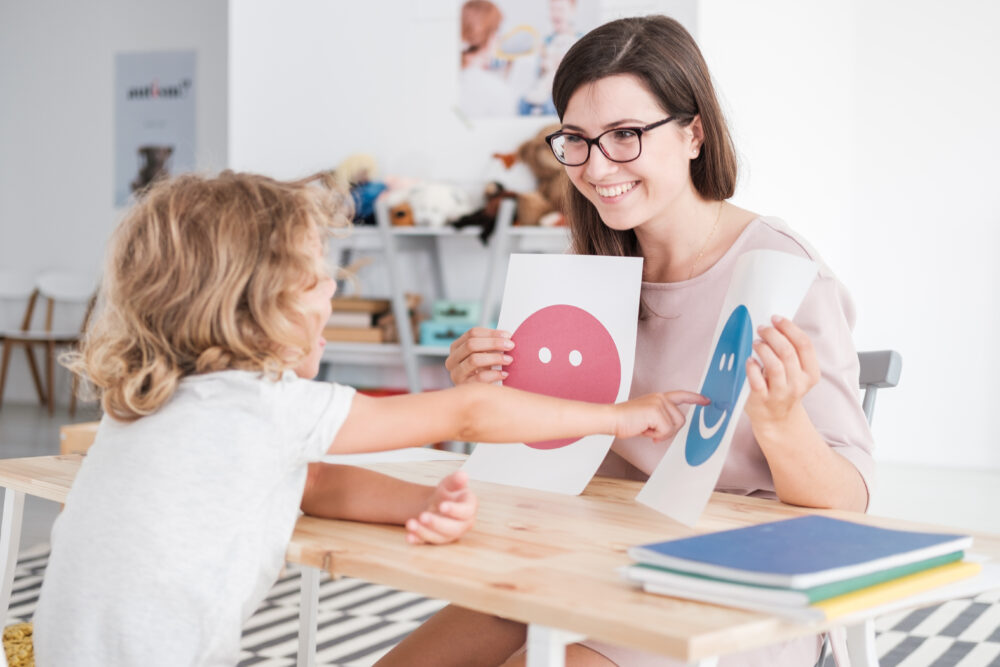Learning to Learn
In September, many children will be entering a classroom for the very first time. At five years’ old we enter statutory education in the UK and begin formal education – but for many children, the life-long learning journey starts many years before that, at birth.
For many of us, from the moment we are born we layer and build on our lived experiences, our observations, and the behaviours and patterns of the people around us, to create a foundation of knowledge, which we develop for the rest of our lives. The earliest years of our lives are some of the most influential in shaping our learning journey – and even in the womb, learning is happening.
Basic language skills, the ability to take information from visual stimuli, or learning by observing and imitating the actions of other people, are just some of the pivotal learning skills that it is often assumed children will have been developing and building upon by the time they reach five years old and set foot in their first classroom. Other core pivotal skills include the development of attention, concentration, and learning how to learn as part of a group.
But the start of the learning journey for children and babies with SEND is often markedly different and many children enter the education system without these pivotal skills that are essential building blocks for lifetime learning.
Because our education system is accustomed to receiving schoolchildren at statutory school age who have already absorbed and developed a number of pivotal skills, teachers are almost universally trained to teach children who know how to learn.
Pivotal skills are generally not actively taught in mainstream or even some specialist schools, as it is taken for granted that children will have absorbed this from their environment. Often, schools differentiate between a mainstream provision by offering a similar curriculum, but at a lower knowledge and attainment level, while pivotal learning skills are neglected.
Pivotal Skills and Positive Behavioural Support: Opening New Pathways
At Abbey School, we see teaching pivotal learning skills just as important as learning maths or science. Alongside academic attainment, developing a broad range of life skills and investing in developing the student’s emotional and psychological wellbeing are core parts of our bespoke and carefully planned curriculum. Pupils are all assessed using the Abbey School Learning Skills framework and an individualised programme of skill development is implemented, designed around each pupil’s needs.
Our highly personalised educational approach aims to prepare our students for adult life by ensuring they have the skills they need to feel comfortable in the community and are as independent as possible. Working with a trans-disciplinary team of experts, consisting of qualified teachers, learning mentors, behaviour analysts, speech and language therapists, and occupational therapists, we teach these skills directly, just as we would teach someone Geography or History. Through our approach, we support our pupils to develop the academic and social skills necessary for a successful lifelong learning.
Positive Behavioural Support (PBS) is another essential part of the learning journey – equipping children with challenging behaviour with the coping skills and strategies they need to learn effectively within a classroom setting, and develop and grow into their potential within the communities.
PBS is a framework for assessing, promoting and evaluating behaviour change. This evidence-based approach combines a comprehensive system of universal enrichment and nurturing with focused support when needed.
A Personalised Approach to Unlock Potential
Working closely on a one-to-one basis with students enables us to support them in working through challenging situations and disruptive behaviour – teaching them essential skills that will apply in different contexts throughout their lives. Through positive behavioural support, we equip children and young people with the skills they need to participate in public life and help them to make sense of the world around them
Similarly to pivotal skills, providing students with behavioural support opens out new opportunities and access to experiences that may have been incredibly challenging for them previously, like going out for meals with their families or being comfortable in a public place. Crucially, positive behavioural support can help to avoid children and young people becoming isolated and cut off from peers and family, and enable them to contribute and grow.
At Abbey School we recognise that the involvement of parents and carers in their young person’s education is central to the progress of our pupils. Our resources and the expert trans-disciplinary team we have available, means we also work closely with parents and families, partnering with them to ensure behavioural support systems and structures are equally in place at home. This means the learning continues after school and families feel supported and connected and able to support their children in managing their behaviour. This helps families to stay together, without relying on residential care – creating a better outcome for the individual and the community as a whole.
Creating the foundations which will enable lifetime learning to take place is one of the most powerful and effective tools that we can provide students. Equipping children and young people with the skills that will enable them to learn, offers them the chance to explore their potential and stretch their capability. These building blocks open the doors to new possibilities and encourage each pupil to deepen their independence and confidence – ultimately setting them on a pathway to becoming more active, autonomous individuals with a safe, meaningful and fulfilling life beyond Abbey School.


